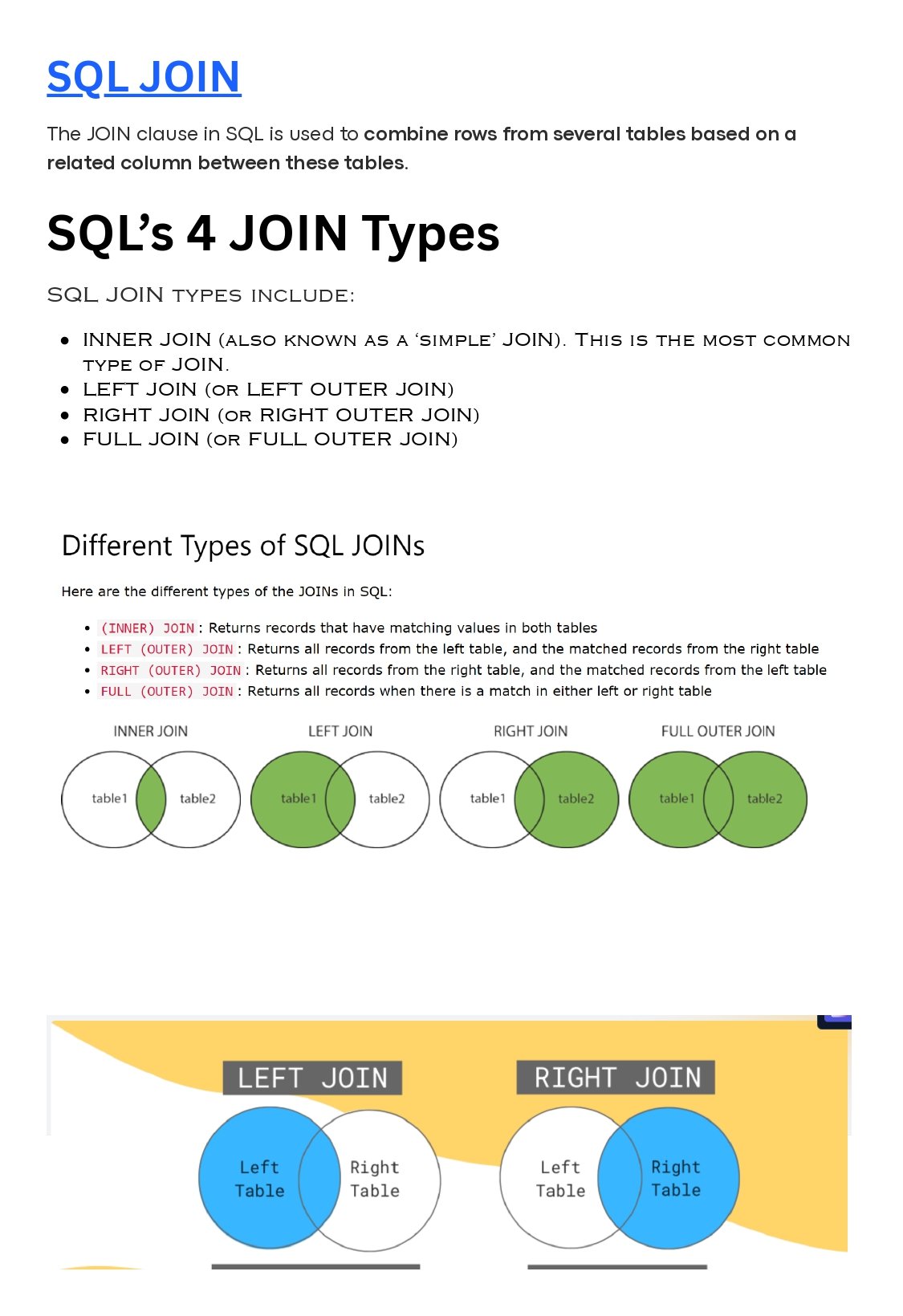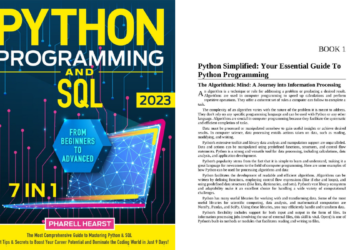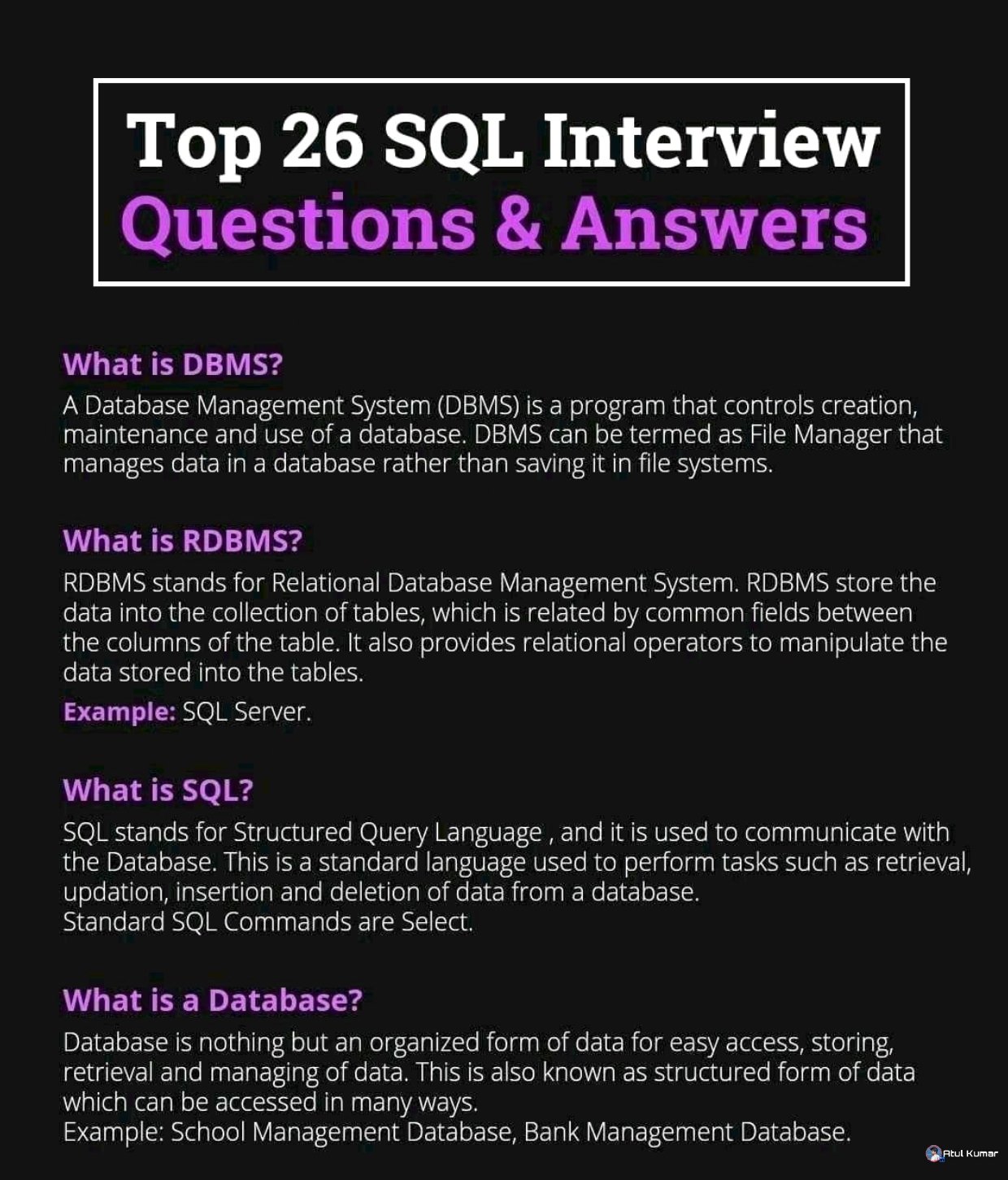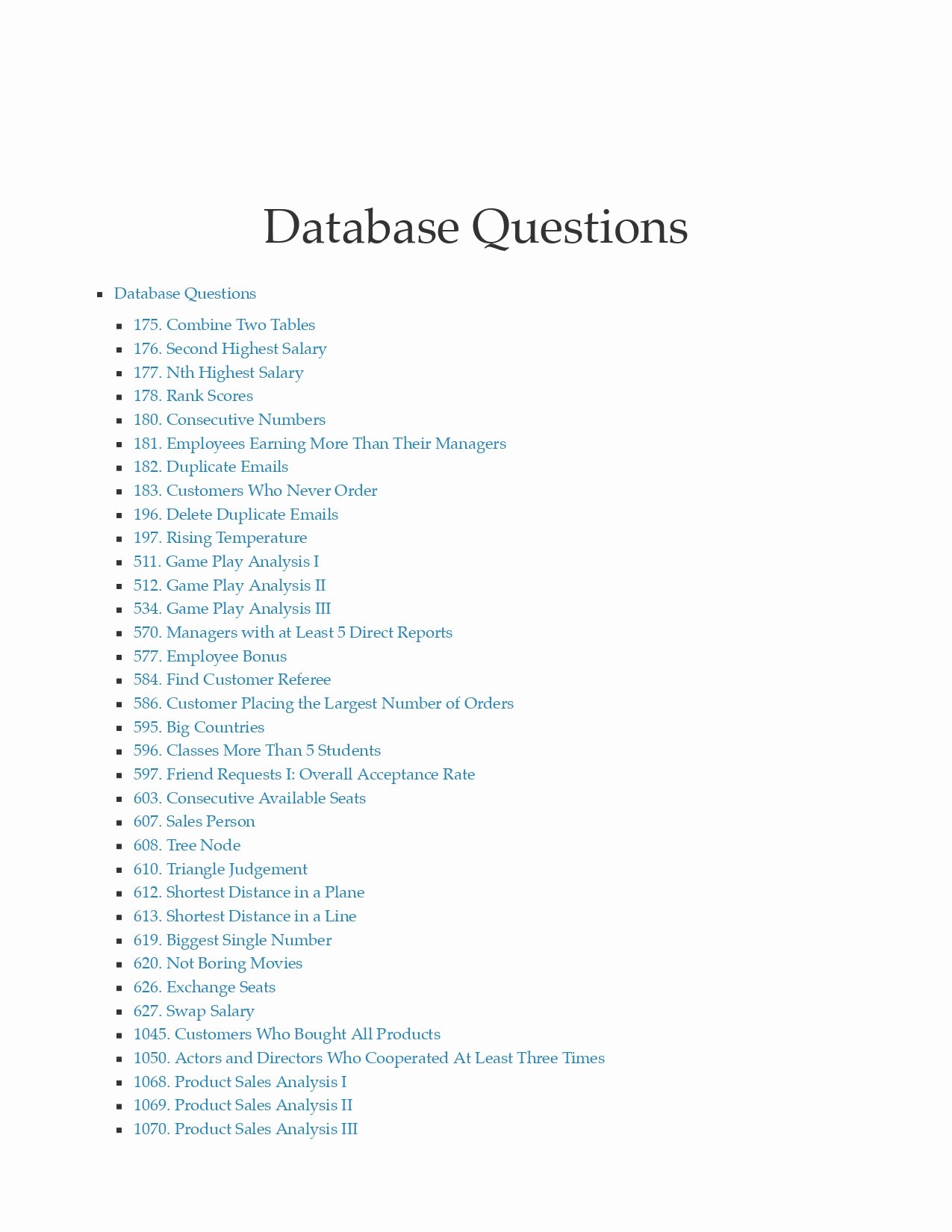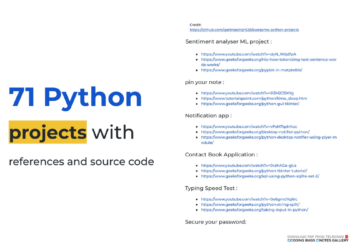SQL JOIN is one of the most important and frequently used operations in relational databases. It allows you to combine data from two or more tables based on a common column or condition. However, there are different types of JOINs that can produce different results and have different performance implications. If you want to learn how to use SQL JOINs effectively, this PDF guide is for you.
Overview about the Notes
This PDF guide is based on my personal experience and knowledge of SQL, as well as the official documentation and online resources. It is not meant to be a comprehensive guide or a substitute for a textbook, but rather a quick reference and a learning tool for anyone who wants to master SQL JOINs.









The guide is divided into 6 sections, each focusing on a different type of JOIN, such as INNER JOIN, LEFT JOIN, RIGHT JOIN, FULL JOIN, CROSS JOIN, and SELF JOIN. Each section contains a brief introduction, a list of key points, and some examples of SQL queries and their outputs. The guide is written in a clear and simple language, with diagrams and tables to illustrate the concepts.
The guide is in PDF format, which means you can easily download, print, or view it on any device. The guide is also designed to be completed in a short time, with each section taking about 15 minutes to read and practice.
The Content of the Notes
The guide covers the following topics:
- Section 1: Introduction to SQL JOIN
- Section 2: INNER JOIN
- Section 3: LEFT JOIN
- Section 4: RIGHT JOIN
- Section 5: FULL JOIN
- Section 6: CROSS JOIN and SELF JOIN
Why These Notes
These notes are ideal for anyone who wants to learn or review SQL JOINs in a short time. Whether you are a student, a professional, or a hobbyist, these notes will help you master the most common and useful types of JOINs and prepare you for more complex queries and scenarios.
These notes are also useful for anyone who prefers a visual and interactive way of learning. By reading these notes, you will not only learn the syntax and semantics of SQL JOINs, but also the logic and reasoning behind each query and operation. You will also be able to practice and test your skills by writing your own queries and comparing them with the examples provided.
Conclusion
SQL JOIN is a vital skill for anyone who works with data, whether it is for analysis, reporting, or development. By learning SQL JOINs, you will be able to access, manipulate, and transform data from multiple tables and sources, and gain valuable insights and solutions.
These SQL JOIN types notes in PDF format are designed to help you learn SQL JOINs in a fast and effective way. They cover the most important types and techniques of SQL JOINs, with clear explanations, examples, and illustrations. They are also easy to download, print, or view on any device.
If you are interested in learning SQL JOINs or brushing up your knowledge, I highly recommend you to check out these notes and see for yourself how they can benefit you.
Nu Of Pages
9 Pages
Download from Link
You can download these notes from the link below:
Download SQL JOIN Types (PDF) From here
